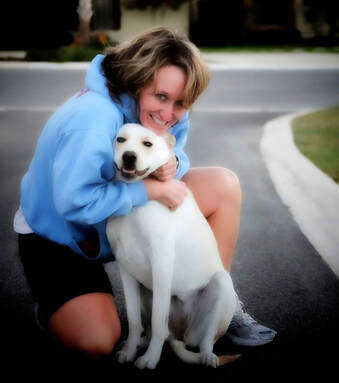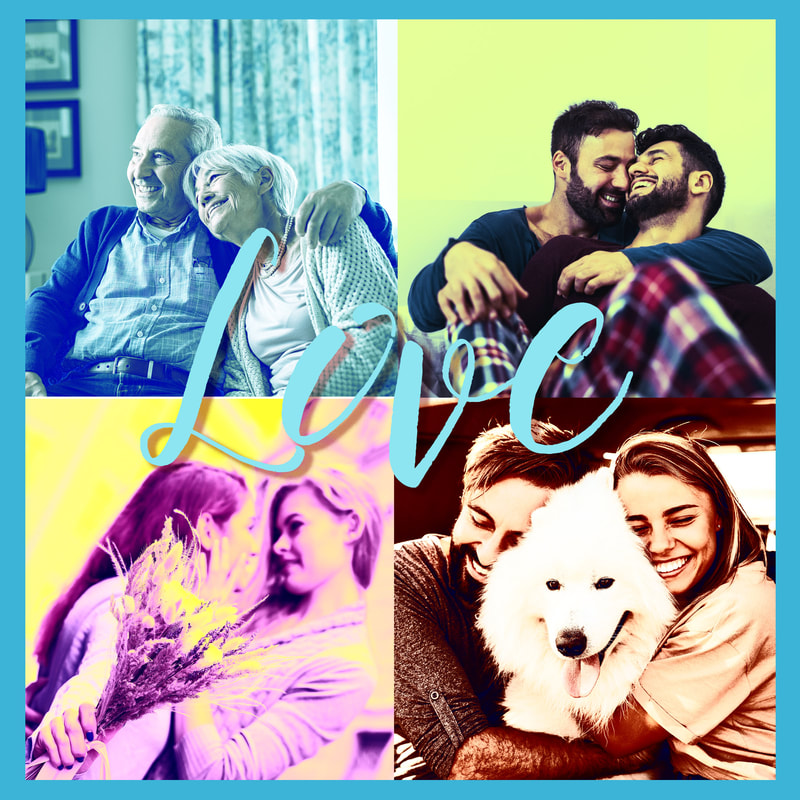So, not only weren’t these pups immune to love, their heart activity increases much like ours might, especially in the throes of a new relationship.1 But as the article author noted, it sometimes seems easier to say these words to our pets as opposed to saying them to people. Many studies have examined love’s neuro-chemical effects, some of which can actually be beneficial to our health. Researcher, anthropologist and author, Helen Fisher, Ph.D., has in her extensive work used imaging technology to scan the brains of young couples in committed relationships. Her findings showed that when subjects focused on the object of their affection, multiple areas in regions of the brain lit up on the scans to reflect significant activity. Fisher’s groundbreaking study revealed that the caudate nucleus, part of the primitive reptilian brain, is particularly active in individuals who are in love; additionally, she noted that brain areas associated with dopamine and norepinephrine production exhibited activity on the scans – and these are the brain chemicals intricately linked to pleasurable activities and excitement.  This reward circuit was further explored by Harvard Medical School professors, Richard Schwartz, M.D. and Jacqueline Olds, M.D., who looked at Fisher’s studies in detail as well as the other chemicals involved in romantic love including oxytocin. Often referred to as the love hormone, oxytocin can benefit our brain and, yes, our heart, by diminishing stress, lowering blood pressure, and even reducing anxiety and depression. The Harvard professors also wrote that along with positive feelings, love “also deactivates the neural pathway responsible for negative emotions, such as fear and social judgment.” Each involves a neurological pathway: the one linked with positive emotions connects the prefrontal cortex to the nucleus accumbens; the pathway linked with negative emotions connects the nucleus accumbens to the amygdala. “When we are engaged in romantic love, the neural machinery responsible for making critical assessments of other people, including assessments of those with whom we are romantically involved, shuts down.”2 While the boost to our mind or general health can be great, love and meaningful relationships of any kind don’t just happen. We do have to consciously choose to love, to improve our relationships, to modify our behaviors, and in doing so, better support our choices to be happy and healthy. After the year that was 2020, we are all in the midst of a global healing and recovery. So, more than ever before, we must open our hearts and our minds and be willing to show our love to those we care about for what are truly mutually reciprocal rewards. Zivijio (which, as we’ve often noted, is Czech for “to a long life”) and cheers to love! In health and hope, Dr. Suzanne Gazda Eventually, you will come to understand that love heals everything, and love is all there is. Gary Zukav References and reading: Helen Fisher, PhD https://helenfisher.com/ 1 Greater Good, Animal Rescue Site https://blog.theanimalrescuesite.greatergood.com/dogs-love-hearing-i-love-you/ 2 Edwards, S. Love and the Brain. (2015) Harvard Medical School Publications. https://hms.harvard.edu/news-events/publications-archive/brain/love-brain
0 Comments
Your comment will be posted after it is approved.
Leave a Reply. |
AuthorDr. Suzanne Gazda, Integrative Neurology Archives
February 2024
Categories |

 RSS Feed
RSS Feed